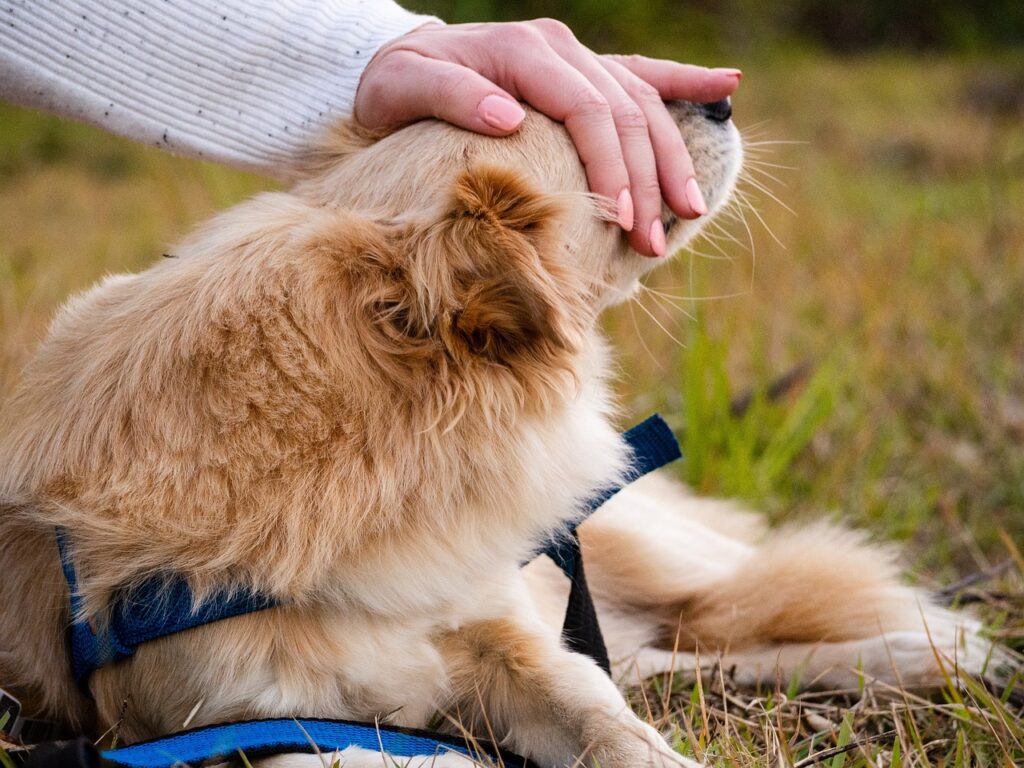
Understanding Separation Anxiety
Before diving into treatments, it’s important to understand the underlying causes of separation anxiety. Dogs are social animals that thrive on companionship. When a dog feels overly dependent on its owner or lacks confidence, the absence of their primary caretaker can trigger extreme stress and anxiety. Identifying the root cause is essential to selecting the right treatment approach.

Key Symptoms of Separation Anxiety
If your dog exhibits one or more of the following behaviors when left alone, it may be suffering from separation anxiety:
- Excessive barking or whining
- Destructive chewing, digging, or scratching
- Inappropriate urination or defecation indoors
- Pacing or restless behavior
- Attempts to escape through doors or windows
- Excessive salivation or drooling
Effective Treatments for Separation Anxiety
1. Behavioral Modification Techniques
A. Desensitization and Counterconditioning
- Gradual departures: Start by leaving your dog alone for very short periods (a few seconds) and gradually increase the duration.
- Create positive associations: Pair your departures with something enjoyable, like a special treat.
B. Independence Training
Teach your dog to be comfortable spending time away from you while you’re at home by encouraging relaxation in a separate room.
2. Exercise and Mental Stimulation
A. Physical Exercise
Take your dog for a brisk walk or a play session before leaving home to reduce their energy levels.
B. Mental Enrichment
Use puzzle feeders, interactive toys, or sniffing mats to keep your dog engaged while you’re away.
3. Environmental Changes
A. Safe Spaces
Designate a quiet, cozy area for your dog, such as a crate or specific room.
B. Background Noise
Play calming music, white noise, or leave the television on to create a soothing environment.
4. Training and Professional Support
Consult a certified dog trainer or veterinary behaviorist for advanced cases of anxiety.
5. Medication and Supplements
In severe cases, veterinarians may prescribe anti-anxiety medications or natural supplements to alleviate symptoms.
Tips for Owners
- Avoid punishment: Never punish your dog for anxiety-related behaviors.
- Stay calm: Keep your departures and arrivals low-key.
- Be patient: Treating separation anxiety requires consistency and time.
Conclusion
Separation anxiety in dogs can be challenging, but with the right treatments, it is manageable. Address your dog’s needs with patience, consistency, and professional support to help them live a more relaxed and confident life.
Check out this article where I talk about a natural supplement: Click Here



